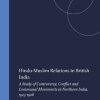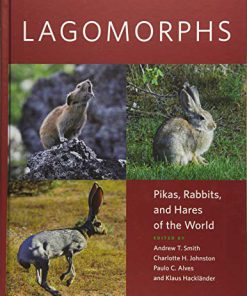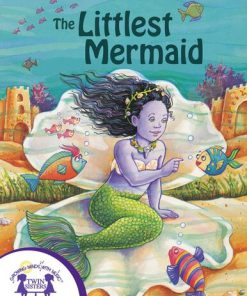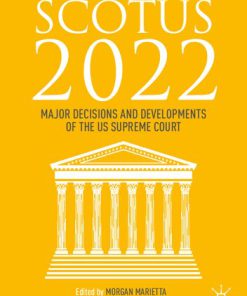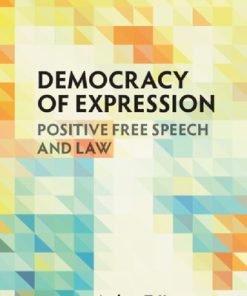The Singular Voice of Being John Duns Scotus and Ultimate Difference 1st Edition by Andrew Lazella 0823284573 9780823284573
$50.00 Original price was: $50.00.$25.00Current price is: $25.00.
The Singular Voice of Being John Duns Scotus and Ultimate Difference 1st Edition by Andrew Lazella – Ebook PDF Instant Download/Delivery: 0823284573, 9780823284573
Full download The Singular Voice of Being John Duns Scotus and Ultimate Difference 1st Edition after payment
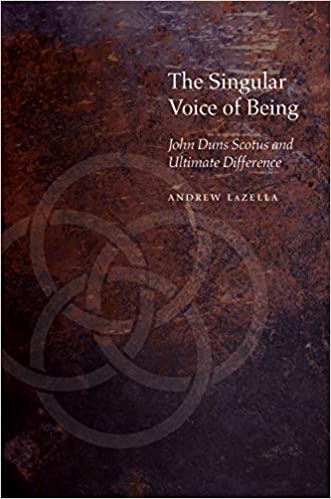
Product details:
ISBN 10: 0823284573
ISBN 13: 9780823284573
Author: Andrew T. Lazella
The Singular Voice of Being reconsiders John Duns Scotus’s well-studied theory of the univocity of being in light of his less explored discussions of ultimate difference. Ultimate difference is a notion introduced by Aristotle and known by the Aristotelian tradition, but one that, this book argues, Scotus radically retrofits to buttress his doctrine of univocity. Scotus broadens ultimate difference to include not only specific differences, but also intrinsic modes of being (e.g., finite/infinite) and principles of individuation (i.e., haecceitates). Furthermore, he deepens it by divorcing it from anything with categorical classification, such as substantial form. Scotus uses his revamped notion of ultimate difference as a means of dividing being, despite the longstanding Parmenidean arguments against such division. The book highlights the unique role of difference in Scotus’s thought, which conceives of difference not as a fall from the perfect unity of being but rather as a perfective determination of an otherwise indifferent concept. The division of being culminates in individuation as the final degree of perfection, which constitutes indivisible (i.e., singular) degrees of being. This systematic study of ultimate difference opens new dimensions for understanding Scotus’s dense thought with respect to not only univocity, but also to individuation, cognition, and acts of the will.
The Singular Voice of Being John Duns Scotus and Ultimate Difference 1st Table of contents:
PART I. BEING AND ULTIMATE DIFFERENCE
1. Being Is Said in Many Ways
Univocity, Equivocity, Analogy
Univocity of Being
Aquinas and Henry on Analogy
Why Univocity?
Thales’s Mistake
2. The Real Concept of Being
Real Concepts
Transcendental Quid and Quale
The Double Primacy of Being
How Does Scotus Solve the Problems of Univocity?
Putting the World Back Together Too Soon
3. Ultimate Difference
Ultimate Differences
Extracategorial Difference
The Real Basis of Ultimately Differential Concepts
The Ground of Primary Diversity
Termination of Quidditative Orders
PART II. REGIONS OF ULTIMATE DIFFERENCE
4. The First Cut—The Intrinsic Modes of Being
Intrinsic Modes and the Modal Distinction
The Intrinsic Modes of Being
Transcendental Magnitude
Infinite and Finite Magnitudes
Nonadditive Intensity
5. Ultimate Specific Differences
The Formal Distinction
Ultimate versus Nonultimate Specific Differences
Scotus’s Innovation
Real Community Prior to the One and Many
A Dust Cloud of Differences?
6. Haecceitas, or Naked Singularity
What Must Individuation Explain?
Matter as the Principle of Individuation
What Else Is (Not) the Principle of Individuation?
Haecceitas as Ultimate Individual Difference
The Threefold Comparison to Ultimate Specific Differences
Bare Particularity versus Naked Singularity
Conclusion: I Wouldn’t Know Him from Adam
The Intelligibility of Singulars
Singular Volitions
Postscript
Acknowledgments
People also search for The Singular Voice of Being John Duns Scotus and Ultimate Difference 1st:
the voice sing john legend song
the voice of johnny in sing 2
with the voice of singing
john legend sings jealous on the voice
Tags:
Andrew Lazella,Singular,Scotus,Difference
You may also like…
Business & Economics - Others
Ultimate Gig : Flexibility, Freedom, Rewards 1st Edition John T. Fleming
Uncategorized
Uncategorized
Religion & Spirituality - Christianity
Relationships & Lifestyle - Personal Growth & Inspiration
On not being someone else tales of our unled lives 1st Edition Andrew H Miller
Jurisprudence & Law - Legal Theory & Philosophy
Democracy Of Expression: Positive Free Speech And Law 1st Edition Andrew T. Kenyon


